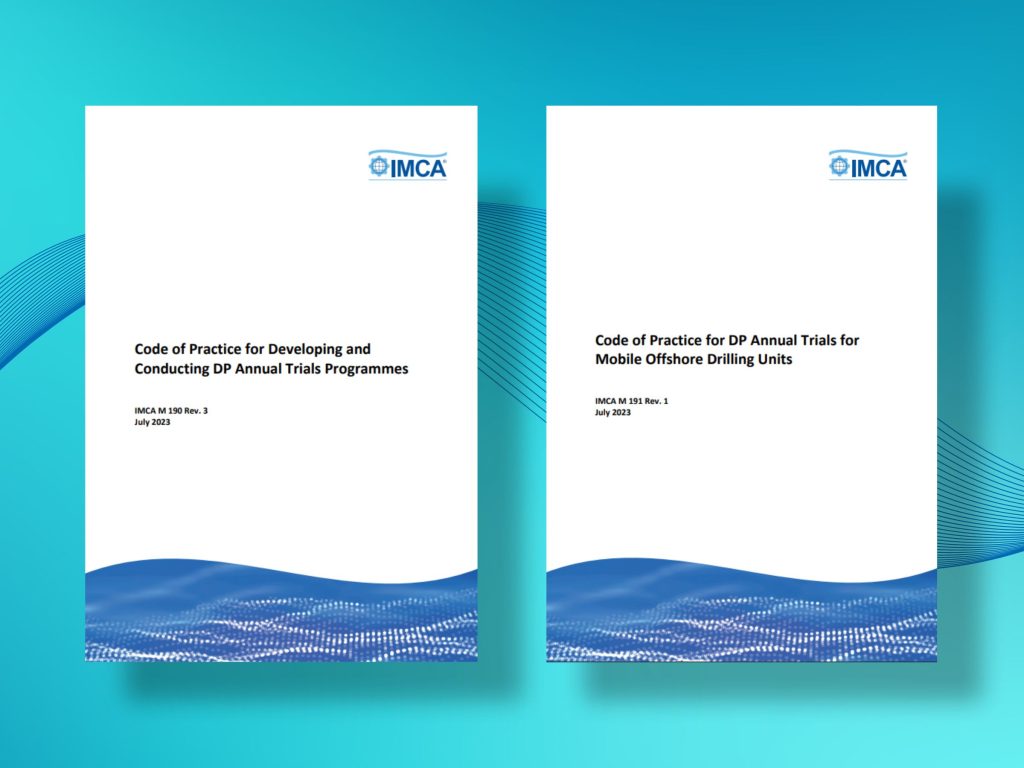Eliminating poor practices – Guidance on DP Annual Trials
Published on 4 September 2023
This article originally appeared in Offshore Support Journal.
One of the main objectives of a Dynamic Positioning (DP) Annual Trials programme is to verify that the DP system is fully functional, well maintained, and that the failure modes and effects analysis remains valid. Conducting trials incorrectly can put both lives and property at risk, while also wasting time and money.
Trial standards began to slip in the run-up to the COVID 19 pandemic, with the subsequent prolonged social distancing legitimising poor practice through a lack of realistic alternatives and ambiguity in the original wording of IMCA guidance being exploited.
IMCA, keen to ensure that trials are conducted as they should be, has decided to revise key guidance in this space – IMCA M 190 and M 191 – and is tackling any misinterpretation that could lead to poor practices slipping through.
Coming after a lengthy period of consideration, discussion, and extensive Member engagement through IMCA’s DP Committee and attendees of our DP Conferences in 2022 and 2023, we have identified and addressed areas where shortcuts were being taken by a small number of bad actors resulting in poor outcomes and safety incidents.

IMCA Contact
Richard Purser
Technical Adviser – Marine
Contact

Being written in clearer, more precise language will not only discourage misinterpretation and remove any ambiguity when conducting remote trials but helps us – as an industry – to restore the ‘spirit’ of previous versions.
We have also been able to explore recommendations on the use of technological advancements which have emerged over the last seven years. This will allow for greater industry adoption and increases the potential for recognition by advisory bodies.
These recommend that cumulative testing is performed only when specific provisions for appropriate supervision are in place, as outlined in a section exploring ‘Class Approved Data Driven/Digital Trials’ in IMCA M 190 and include ensuring that class approved digital data acquisition applications are in place which link to the DP control system. This means that relevant data is recorded during each test and can be replayed and fully assessed by an independent accredited verifier onshore.
Given the significance of these two documents, they have both been reclassified as an IMCA Code of Practice. This means that IMCA now expects the highest level of compliance from Members.
Not only do the revisions set a new standard for best practice in all areas of DP trials, but they also ensure that should they take place remotely, they are ready to take full advantage of recent innovations in technology and data capture.
Richard Purser is Technical Adviser – Marine at IMCA. This article originally appeared in Offshore Support Journal.
